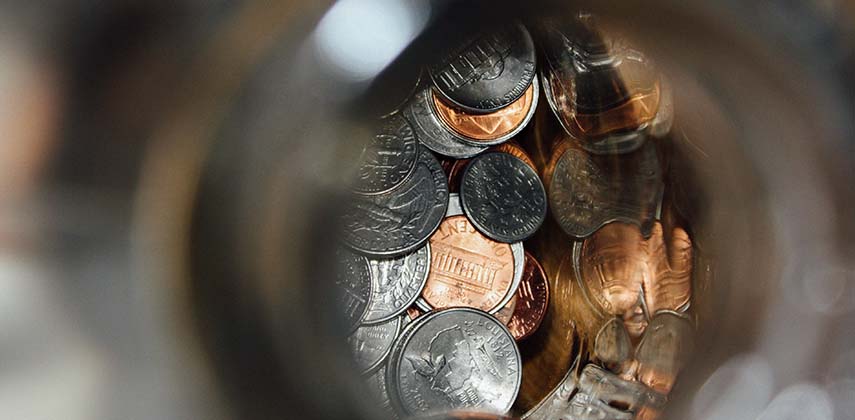Economic activity continued performing on stronger levels in July 2020, according to the latest monthly data from BankservAfrica’s Economic Transaction Index (BETI).
This second month of recovery comes on the back of special relief funds and payment holidays that have provided the much needed boost to the economy, which has since recovered 56% of what was lost in January 2020.
“Our recent monthly data is a positive showing of the impact of the gradual easing of the lockdown restrictions on the South African economy,” says Shergeran Naidoo, head of stakeholder engagement at BankservAfrica.
“However, the tough times remain – even while transactions were up, they were still 9% lower than the previous year. We also need to be mindful that these came off a very low base as South Africa entered a technical recession pre-Covid-19.”
The BETI for July 2020 was 112.4 and showed a 9,6% monthly change from June. “July represents the best monthly change on the BETI’s records,” says Naidoo.
Also notable was the 9,7% quarterly change to July 2020 compared to the quarter to April 2020.
The overall standardised economic transactions in July was R867,4-billion – R188-billion more in nominal terms than the value in April.
A rough estimate of the amount of money made available to the South African economy to combat the economic slowdown and disease would suggest that at least 12% of the improvement (the R188-billion) comes from the extra spending by the South African government.
“The monthly and quarterly increases for the BETI show the economy bouncing back from the terrible blows in April and May 2020,” says Mike Schüssler, chief economist at economists.co.za. “The Covid-19 lockdown has been harsh on the South African economy with the economic activity in April 2020 reaching its lowest in 15 years.
“However, the gradual easing of restrictions along with lockdown measures have provided a massive stimulus to the economy.”
An additional R20-billion per month was made available to the economy through the UIF Covid-19 Temporary Employee Relief Scheme (TERS) payouts to the value of about R12-billion between the end of April and early August, and SASSA payments of about R8-billion a month at the beginning of August over and above the normal grant payments.
These made transactions on the retail side possible.
Consumers and businesses also had more room to spend through other funds such as the Solidarity Fund, loan and rent holidays.
As such, some transactions that were not made in April were done in the June or July months.
“These have helped provide short-term stability to the economy,” says Schüssler. “The strong BETI transaction data, which is processed by BankservAfrica through the National Payments System, suggests the extra payments gave a boost for consumer purchases of goods and services, which then passed on to businesses to order more products and provide more services to meet the demand.
“The advanced lockdown level 3 involving the re-opening of restaurants, personal care services, casinos, motor car sales at dealerships and increased sales at general stores, amongst others, combined with the short period of alcohol sales, also helped. The good news is that economy has recovered 56,2% of what it has lost since January.”
But there is still long road ahead for the South African economy. “Despite these improvements, the real value of economic transactions is 9% below the levels seen in July 2019,” says Naidoo.
“The decline of 19,2% during the heavy lockdown period to May is the deepest quarterly decline on record in the BETI’s history, and comes as a result of the lockdown.”
Schüssler adds: “While the extra spending and low interest rates have helped the economy to bounce back, the economy remains weak. There’s also the risk that this recovery will be severely disrupted – or slowed down – with the UIF TERS funding diminishing and the extra SASSA payments ending in October.
“Still, the July BETI was as good as it could be expected,” he adds. “But the next three months will be critical for the sustained recovery of the South African economy.
“We could see a flatter movement, especially when considering the downturn in manufacturing output, the limitations on airfreight and its direct impact on the distribution and the sale of goods.
“In addition to these, the tourism sector, a major contributor to South Africa’s economic growth, remains closed to domestic and international travellers due to COVID-19, and will surely affect the overall numbers.”

